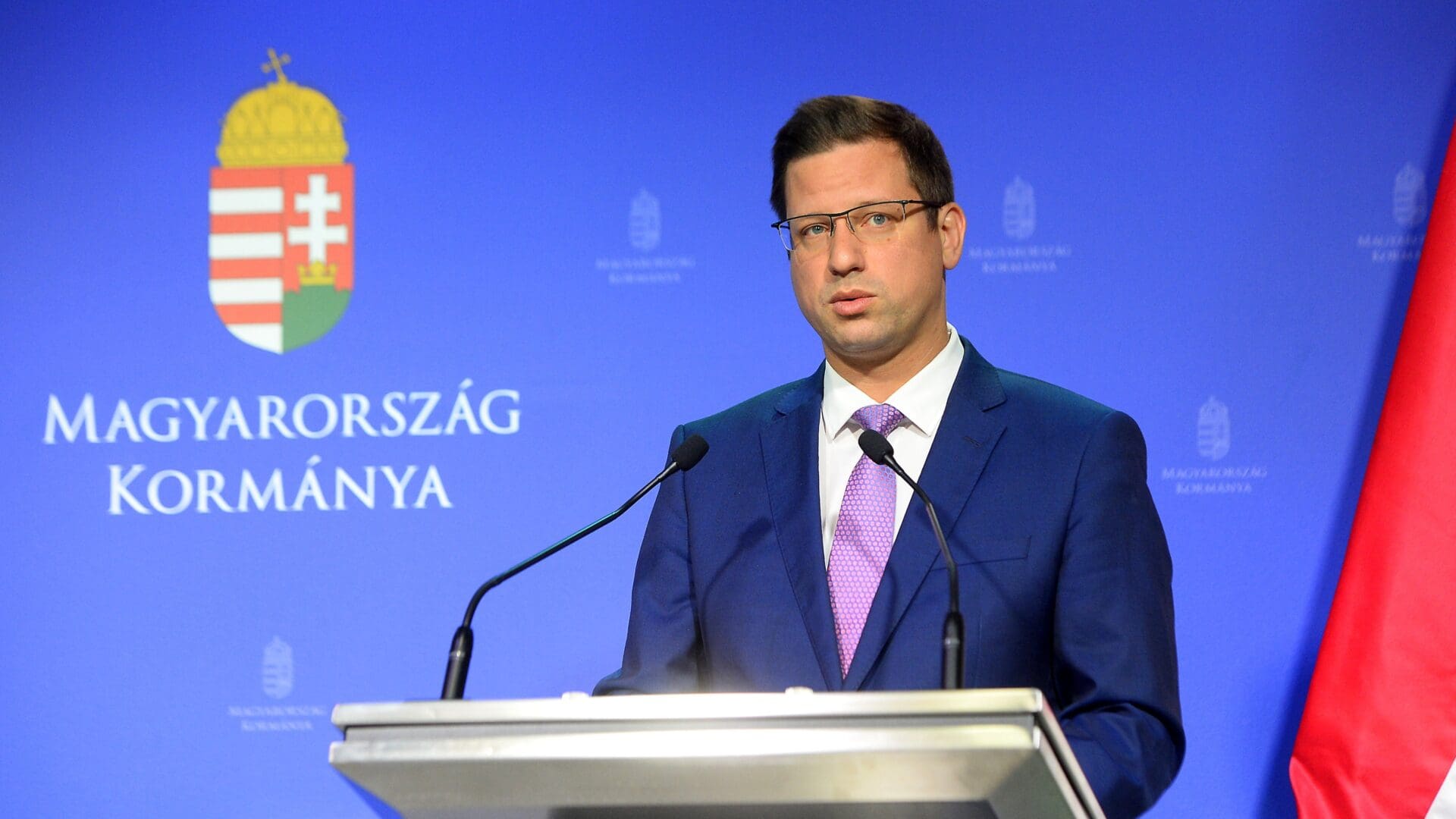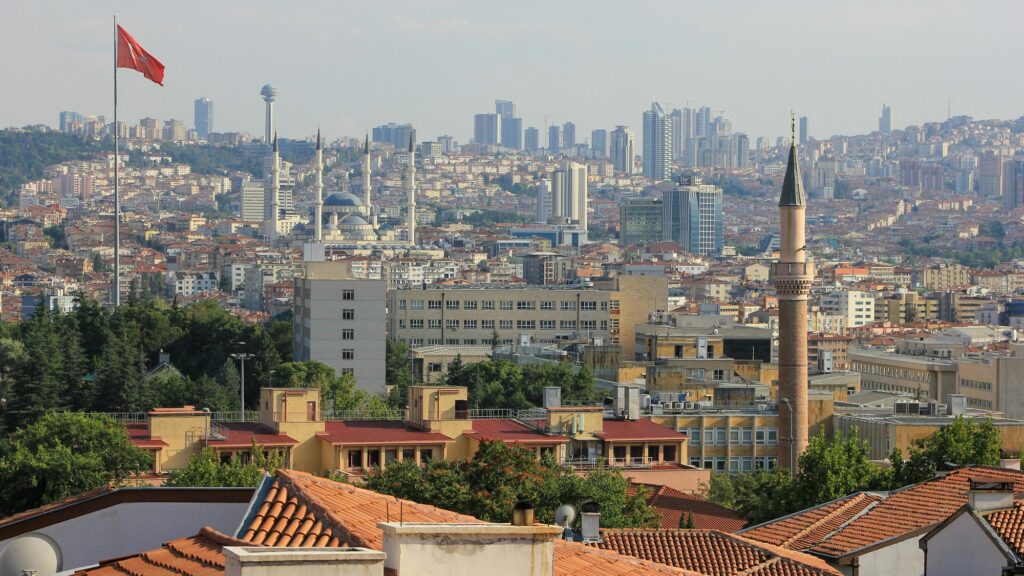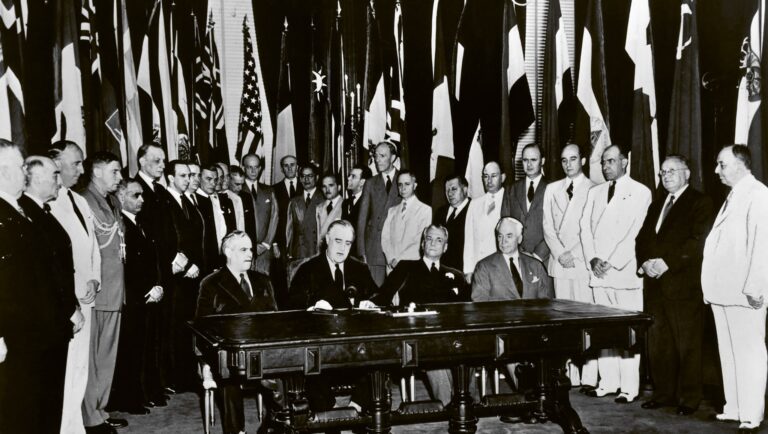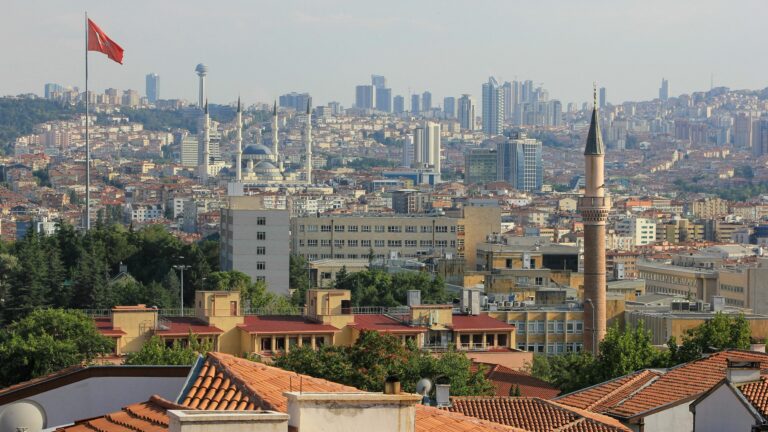The government has adopted an Economic Defence Action Plan, which includes a price cap on electricity in certain sectors, the use of SZÉP cards for cold food, and allowing pharmaceutical distributors to write off half of their extra profit tax, Chief of the Prime Minister’s Office Gergely Gulyás announced on Monday in Budapest during the Government Info press conference. Gulyás also stated that Hungary will continue to advocate for a ceasefire and peace negotiations in the Ukrainian war.
According to the Minister, the price cap will be set at net 200 euros per megawatt-hour starting 1 July, and it will apply to the processing industry, accommodation service, warehousing, and transportation. He explained that these sectors have the greatest impact on the country’s economy and inflation since they involve production or production-related activities. He mentioned that this measure affects over five thousand businesses and has a budgetary expenditure of 40 billion forints. The Minister stated that energy prices that have skyrocketed due to the war weaken the economy and impose a significant burden on enterprises.
The government must utilise all available tools to inject momentum into the economy
in order to preserve jobs and economic growth, which also ensures budgetary resources for the next year, he explained. He recalled that last year, when prices were high, 81 per cent of businesses signed fixed-rate contracts due to fear of sharply rising prices. He elaborated that today, one-third of these businesses pay over 320 euros per megawatt-hour for electricity, and the average price is also above 250 euros per megawatt-hour.
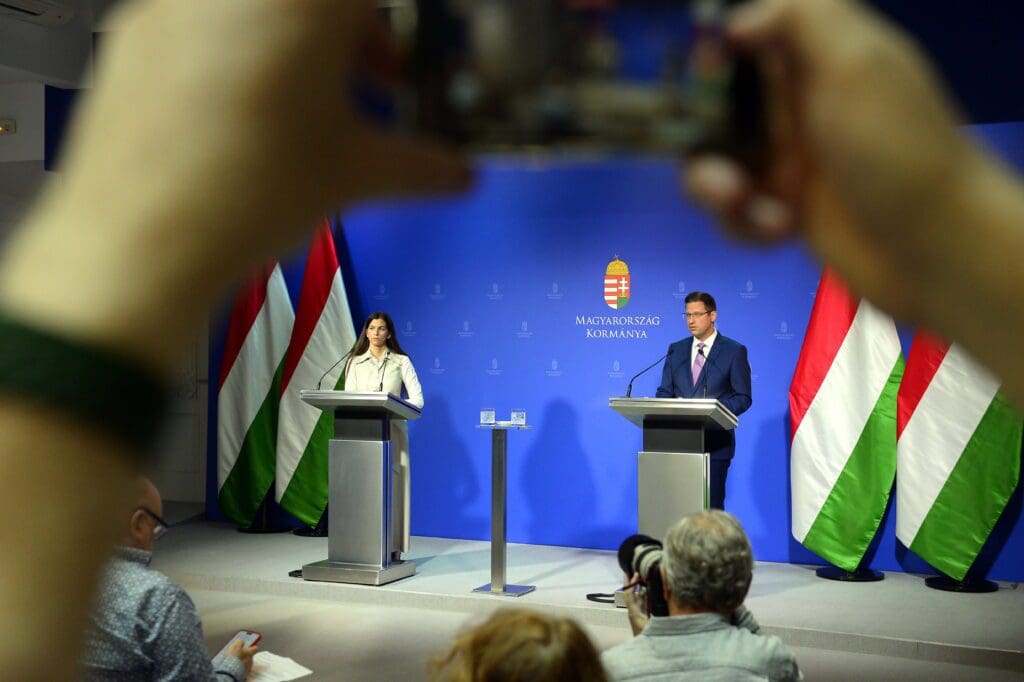
Gergely Gulyás announced that as a decision aligning with the economic defence action plan, the government has decided to allow the use of SZÉP cards for cold food. He emphasised that this will be unlimited from 1 August to 31 December, and simultaneously, during this period, employers will be allowed to increase the limit of the SZÉP cards by an additional 200,000 forints.
He stated that this measure enables employers to provide this fringe benefit to employees under the most favourable conditions.
The SZÉP card is the most popular form of fringe benefits in Hungary. It can normally be used for recreational activities, but they can also be used to pay for restaurant meals and now also for foodstuffs.
Gulyás stated that as far as the distributors of pharmaceutical products are concerned, the government has decided that starting 1 July, they can write off half of their extra profit tax, meaning 20 per cent of the 40 per cent, if it is allocated towards investments or research and development. For pharmaceutical manufacturers, the government will halve the extra profit tax next year, and half of the remaining amount will also be deductible if the respective companies spend it on investments or research and development.
Hungary continues to stand by its position of advocating for an immediate ceasefire and peace negotiations in Ukraine, which it will represent in every forum. Gulyás said that the war situation has not become easier, but rather more difficult, entering a new phase, and more people are dying on the battlefield. He added that the government believes it is not only in Hungary’s national interest but in the interest of everyone to achieve peace as soon as possible. ‘Only peace can put an end to the killing,’ which is why Hungary must maintain its stance that an immediate ceasefire and peace negotiations are needed, he said. The minister believes that by openly representing Hungary’s pro-peace stance, the country is subjected to a great deal of criticism within the European Union, and the critics would prefer to silence the Hungarian position. He added that this is because while the European political elite may be unified on certain matters, European societies are not, so Hungary continues to adhere to its position of advocating for an immediate peace. He noted that the government also considers this morally correct stance.
He also mentioned that since ‘we are living in times of war,’ Hungary needs a defence budget, and the 2024 budget guarantees the country’s security, protects families, retirees, reduces utility costs, and preserves jobs. Gulyás considered it most important for the country to have an approved budget by 2024. He also stated that next year Hungary will have sufficient resources, for the first time since the regime change, to meet its NATO obligation
and commit two per cent of the GDP to defence spending.
He encouraged citizens to keep keep their savings in government bonds or treasury bills, which offer high interest rates and are tax-free, as by doing that they support the country. He added that the tax introduced on other types of savings will only last as long as the war does.
The minister described Brussels’ proposal on migrant quotas as unacceptable and explicitly dangerous, stating that it represents yet another abuse of power by Brussels, which must be countered with every means and in every form.
He explained that the Brussels decision is an invitation to anyone who wants to come to Europe and will strengthen migration. ‘Hungary would be severely disadvantaged in several aspects by such regulations,’ so it is necessary to fight against them, he declared. Regarding European Union funds, ‘the ball is in Brussels’ court,’ and it is a political decision whether the European Commission will assume the conflict with the European Parliament and provide Hungary with the funds it is entitled to, according to Gulyás.
He highlighted that
Hungarian left-wing MEPs, who earn 6 million forints net a month, are doing everything in their power to prevent Hungary from receiving the EU funds,
to stop Hungarian teachers from receiving salary increases, and to deprive the Hungarian healthcare system of additional resources.

